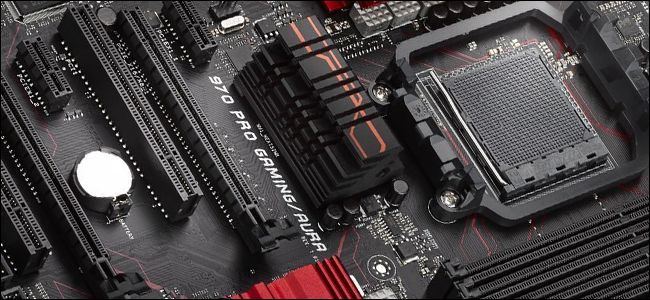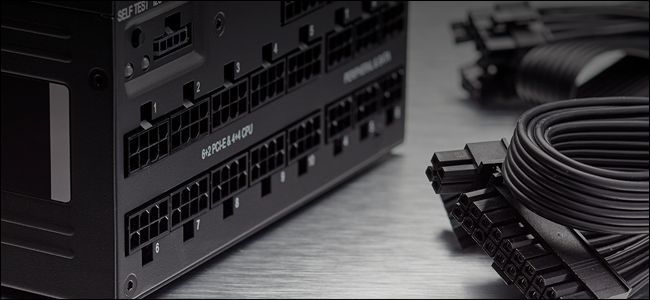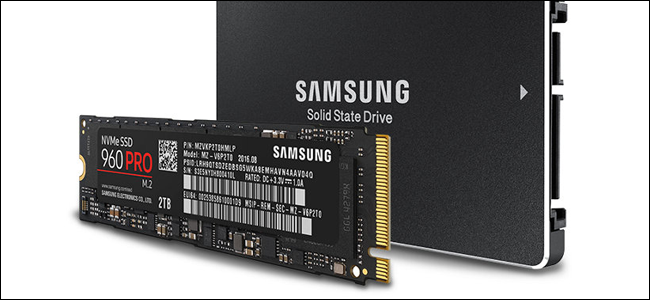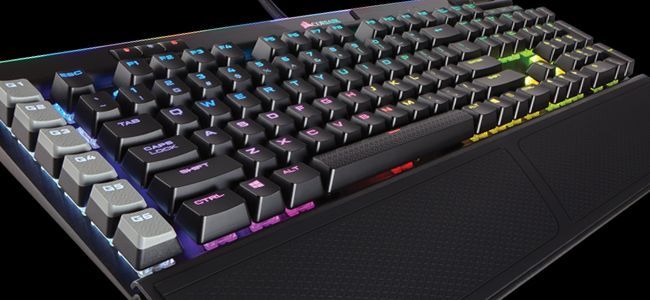Quick Links
Part of the appeal of assembling your own desktop PC is saving a lot of money versus the same parts in a pre-built machine. That kind of thrifty attitude can extend to buying refurbished parts...which is where things tend to get a little iffy. Some parts can be had for less with relative safety, and others not so much.
What Does "Refurbished" Mean, Exactly?
Before we begin, it's important to point out that there's no official or legal definition of "refurbished." When something's labelled as such, we tend to assume that it's in better condition that an item that's simply used and sold from consumer to consumer. But that may or may not be the case. A "refurbished" label might mean any of the following:
- A new item with a defect that was corrected by the manufacturer after an initial sale period
- A new item damaged in transit or display that was corrected by the manufacturer
- A mostly new item that was purchased at retail but returned during the exchange period
- A mostly new item that was purchased and returned because of a defect, since corrected
- A used item that was returned to the manufacturer under warranty for defect, repaired, and re-sold
- A used item that was damaged by the user but returned as part of an extended warranty, repaired, and re-sold
- A used item that was sold as used to a third party, cosmetically restored and repackaged, and is now labeled "refurbished" (this is sometimes cheekily called "seller refurbished")
Usually a consumer isn't going to be able to find out the precise history of a refurbished item. To play it safe, one should always look for a "manufacturer" or "factory" refurbished product, not seller refurbished, especially if it's a smaller online retailer that might be a single person running a repair-and-sell operation. If possible, look for items that come in their original packaging (not bulk or "OEM" packaging), and don't buy anything without a warranty of some kind. The typical warranty on refurbished goods is 90 days from purchase, though some manufacturers extend that to the "new" one year guaranty.
PC Cases and Enclosures
PC cases are basically plastic, steel, and/or aluminum boxes. As long as the frame is intact, there's not much that can go wrong with them except for cosmetics. Front-facing switches, USB ports, and built-in fans are electrical, but they're extremely simple in terms of actual components. Feel free to hunt for bargains.
Power Supplies
Cheap power supplies have a bad habit of dying out on frugal buyers, so the conventional wisdom is to get one from a reliable manufacturer. But even a refurbished unit from a reputable source is a bit of a gamble, if only because every other component in your computer might be damaged by a malfunction in the power supply. It would be better not to risk it and go with a new one.
Motherboards
Motherboards have some of the same problems as power supplies, since every other component in the system will be plugged into it in some manner. In addition, a motherboard that's been used by a consumer at any point has probably been mounted into a case as well, and hooked up to all their components. Each time the motherboard's exposed circuit boards and connections are moved around, the risk of a static discharge or an impacted electrical component is there. Unless you've found an especially good deal (and a reliable warranty), it's best to look elsewhere for money-saving options.
CPUs
Modern CPUs are incredibly complex, but as components that are installed and removed, they're physically simple and hard to mess up. If a CPU works right the first time, it's probably going to continue working fine for years and years, barring a faulty cooling system or other external factors. On the surface, it seems like a pretty good place to save a little cash on your build. But be wary: inspect a newly-purchased CPU carefully for signs of improper handling or storage, which can can cause malfunction. Also, make sure to check your warranty---some sellers like to cut the refurbished warranty period down to just 30 days for processors.
Graphics Cards
Graphics cards are similar to motherboards: lots of diverse systems in a single part, meaning multiple points of failure, including the central GPU. They're also tempting targets for saving money, since a high-end card can easily be the most expensive component in a gaming PC build. At this point you're looking at a risk-versus-reward equation: consider a refurbished graphics card only if you can find one at a significant discount and a warranty from the manufacturer, not a retailer or reseller.
Hard Drives
Hard drives are already a scary component when it comes to failure, since they hold the essential stuff (a technical term for your operating system and personal data) that you want from your computer anyway. As a component with precision moving parts and near-constant use, it's never a question of if a hard drive will fail, but when. Adding in the potential mishandling by a previous user, damage during shipping, and general rolling of the dice for a refurbished purchase seems unwise.
Solid State Drives
In contrast to hard drives, solid state drives have no moving parts and are generally pretty tough---they're basically just extra-large flash drives, after all. They'll eventually wear out too, of course, but the one month to one year term of most manufacturer-refurbished goods is unlikely to shorten an SSD's life to the point that you wouldn't have upgraded it anyway. With SSD prices going nowhere fast and the only real danger being an electrical short, feel free to hunt for a refurbished model.
Disc Drives
Disc drives are fast becoming a rare component in desktop builds. If you really need one for DVD or Blu-ray viewing, a refurbished one isn't a particularly risky purchase, since even the moving parts inside have been more or less perfected over the last 30 years. That said, you're unlikely to save much money on a sub-$100 retail drive anyway.
Monitors
Monitors are fragile by their very nature, and a lot of buyers are quite picky. It's not unusual to see one returned to a retailer for a single stuck pixel (which usually isn't covered under the manufacturer warranty). There are good deals to be had on refurbished monitors, especially if you're shopping for multiple screens at once, but be prepared to lower your standards and deal with a flaw or two in the name of frugality.
Mice and Keyboards
Input devices generally hit or miss. I suspect most "refurbished" units are simply retail returns from customers who didn't like the ergonomics of the new gadgets. Feel free to save a little dough here, with perhaps two exceptions: high-end gaming mice (where the complex sensor can often have annoying malfunctions) and mechanical keyboards (where each key's switch is a separate mechanical component with a possible failure or defect).
Speakers and Headsets
Speakers work or they don't. The only real danger in getting a refurbished set is plugging it in and immediately hearing a blown driver, at which point a return or replacement under warranty is easy enough. Go nuts, penny-pinching audiophiles.




